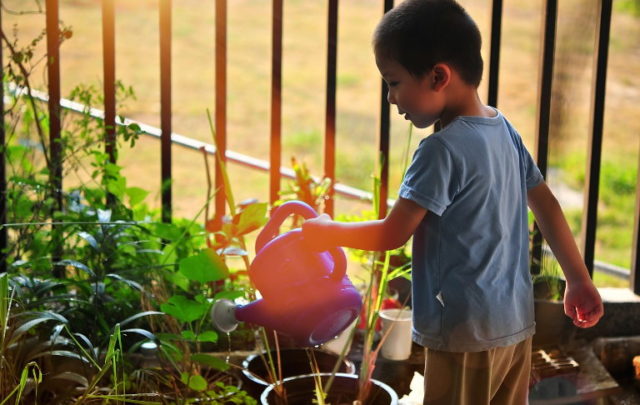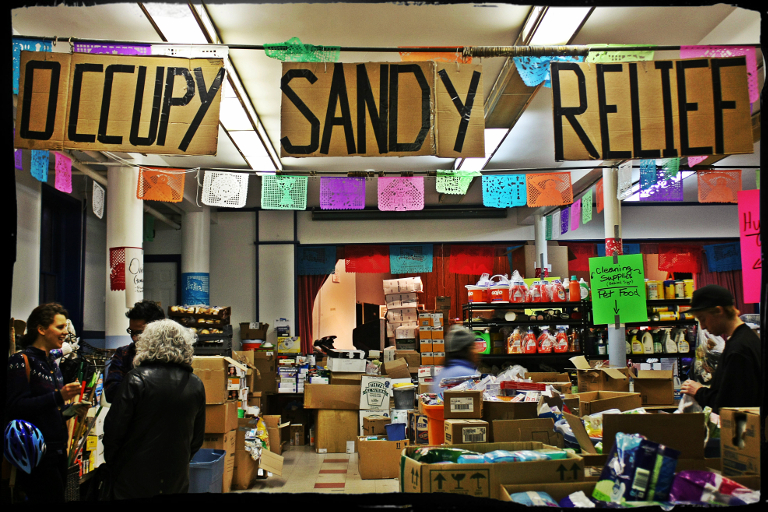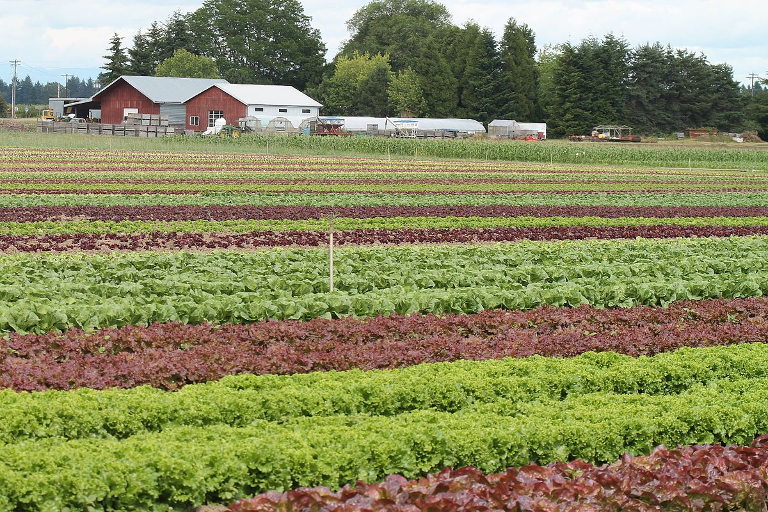These selected essays reflect some of the fundamental ideas underlying our work at Resilience.
The Big Picture
It is only by pulling together that we can hope to salvage and protect what is most intrinsically valuable about our world, and perhaps even improve lives over the long term.
December 17, 2018
What is Community Resilience?
For more than thirty years, the world community has tried to resolve the combined challenges of environmental degradation, fossil fuel dependence, economic inequality, and persistent social injustice, largely under the banner of internationally brokered “sustainable development.” It is clear today that the pace of these global trends has not been slowed, let alone stopped or … Read more
November 29, 2018
Six Foundations for Community Resilience
Efforts to build community resilience often focus on growing the capacity to “bounce back” from disruptions, like those caused by climate change. But climate change is not the only crisis we face, nor is preparing for disruption the only way to build resilience. Truly robust community resilience should do more. It should engage and benefit all community … Read more
November 28, 2018
The Science of Resilience
There is no single measurement or number that captures resilience; rather, it is underpinned by a suite of attributes. The important point is that resilience thinking is a form of systems thinking.
November 27, 2018
The Roots of Our Crises
Homo sapiens is not primarily a rational species. We humans are driven by the universal tendency of living organisms to occupy all accessible habitats and use up all available resources with little heed for the future. Uncontrolled, this instinct alone is a recipe for resource depletion and conflict.
November 27, 2018
The Environmental Crisis
In the 2016 documentary film Before the Flood, Anote Tong, the former president of Kiribati, declared, “Crisis is not when whole islands are underwater, it is what happens before.” This profound statement is a call to all humanity to heed the signs of debilitating change awaiting Tong’s people and acknowledge that the world is in … Read more
November 20, 2018
The Equity Crisis
With the Industrial Revolution in the nineteenth century came a new set of economic systems that served to benefit those with wealth, and extract from those without. Among these was modern capitalism, the system adopted by most of the western world. In the United States in particular, capitalism was combined with a political system that … Read more
November 19, 2018
The Energy Crisis
The challenges now facing the world’s energy systems are arguably far greater than those of the 1970s energy crisis, and most available evidence suggests that they are about to get more daunting still. The vulnerabilities of our current energy system stem mostly from its reliance primarily on fossil fuels: nonrenewable, depleting resources that, when burned, … Read more
November 19, 2018
At the Water’s Edge
Serious water problems confront American communities daily. Some are the result of an extreme event like a storm or an industrial accident. Others are slow moving and insidious, like contaminated drinking water or a long-lasting drought. No matter what kind of water crisis looms, it nearly always hits poor and disenfranchised communities hardest.
November 18, 2018
Food System Lessons
The signs of resource depletion, ecosystem degradation, and anthropogenic climate change are widespread in the 21st century. Food system activities are both a major driver of these changes and are particularly vulnerable to them. The ability of food systems to prepare, mitigate, and adapt will be a major challenge for all societies.
November 17, 2018
Beyond Waste to Sustainable Consumption
Our current global system of production and consumption of goods and services is not working for the planet, nor for its people and communities. Economic growth demands ever greater levels of consumption of newer, better, and cheaper products. Such consumption, however, undermines environmental quality, compounds inequity, and burdens communities with mounting waste management costs. It … Read more
November 16, 2018
Pulling It All Together
In the 1990s, Jungian psychiatrist and naturalist Sterling Bunnell observed, “We’re in for some pretty rough bumping over the next century. The important thing is that we don’t totally lose our bearings and become degraded by it.”
November 1, 2018













